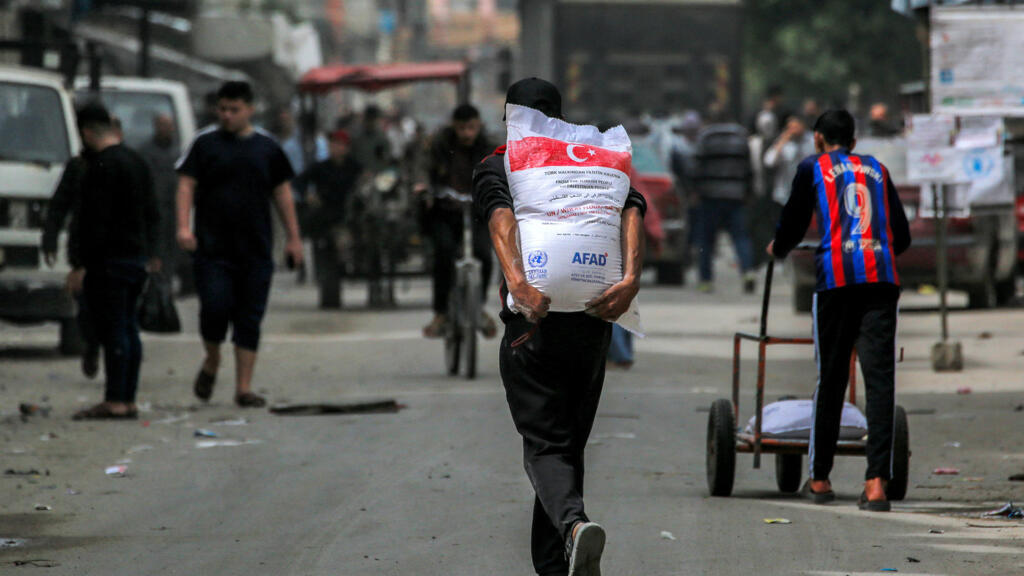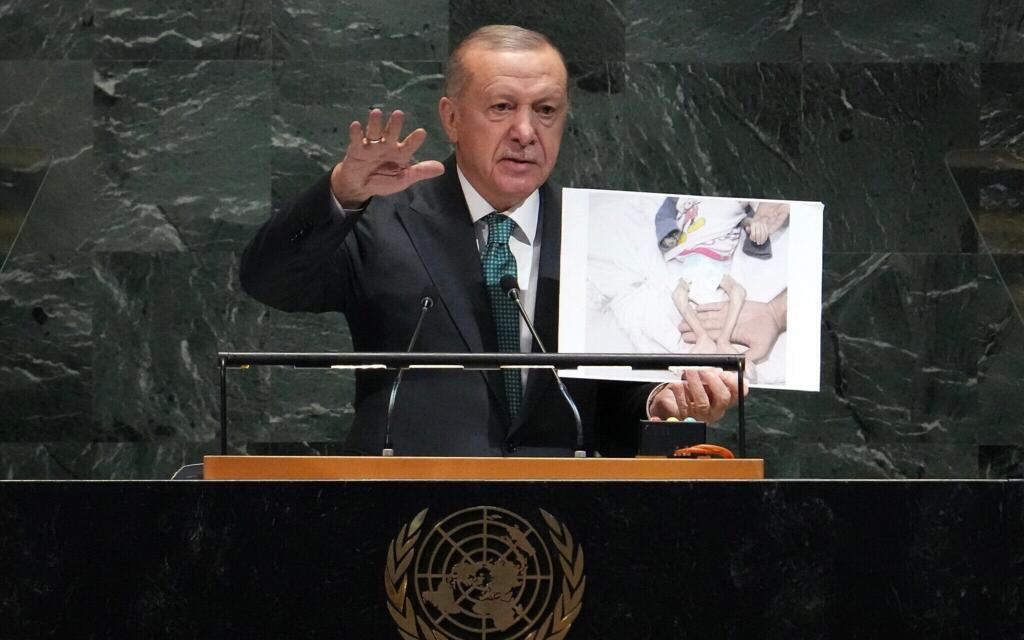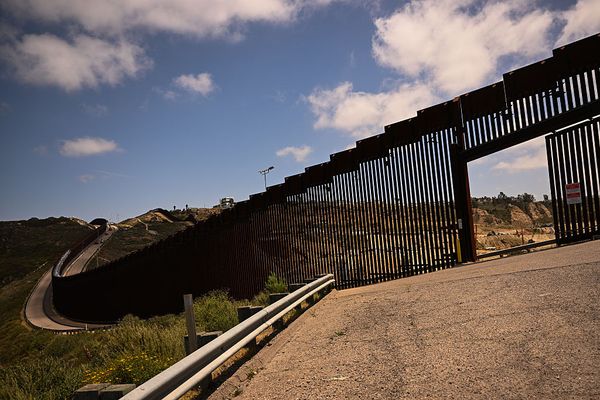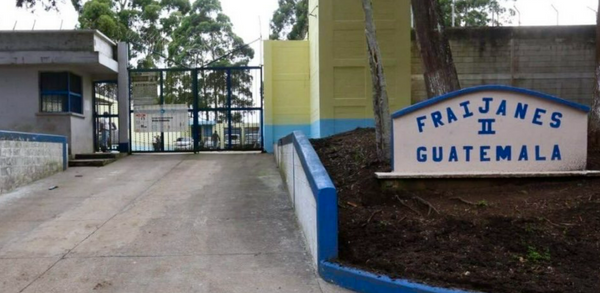
Turkish President Recep Tayyip Erdogan says Turkey wants to take part in rebuilding Gaza and is ready to join a peacekeeping force once the fighting ends, however analysts warn strained relations between Ankara and Tel Aviv could stand in the way.
Turkey responded to a call from Hamas for assistance with locating the bodies of Israeli hostages still unaccounted for in the ruins of Gaza, sending specialists to help in the search.
Ankara maintains close ties with Hamas, which some analysts say could make it a useful mediator – although strained relations with Israel could stand in the way of any peacekeeping or reconstruction mission, despite Turkey's experience in these areas.
“Turkey does have expertise for this – it has a doctrine,” said Murat Aslan of the SETA Foundation for Political, Economic and Social Research, a pro-government think tank.
“In Afghanistan, Bosnia, some African countries like Somalia or Sudan, and in Kosovo, Turkey contributed either through its Tika aid agency, responsible for reconstruction, or through its armed forces.”
Aslan believes Turkey’s approach would be similar in Gaza. “Turkey will send soldiers for sure, for the protection of the civilian units,” he said.
Hamas says committed to Gaza truce and returning hostage remains
High risk
However, others warn the mission would not be easy.
“Turkey can become part of this protection force, but it will not be easy. At the moment it seems more problematic than many people assume,” said Huseyin Bagci, an international relations professor at Ankara’s Middle East Technical University.
Bagci fears Gaza could slide into chaos as rival groups fight for control.
“There are fights between Hamas and the clans,” he said. “It will not be easy because Hamas has to give up its weapons, which is the primary condition. Hamas is not 100 percent trusting Turkey – if not, Israel will probably act.”
Turkey and Egypt's joint naval drill signals shifting Eastern Med alliances
Deep mistrust
Any Turkish deployment would also require Israel’s consent, which appears unlikely given the collapse in relations between the country's leaders.
Erdogan and Israeli Prime Minister Benjamin Netanyahu have regularly traded insults since the start of the current conflict in Gaza, and Ankara’s vocal support for Hamas has further deepened mistrust.
Israeli analysts say the government is hesitant to allow Turkish troops in Gaza, citing deep tensions and mistrust between the two countries.
Gallia Lindenstrauss of the Institute for National Security Studies in Tel Aviv said there is little enthusiasm for involving a Muslim peacekeeping force, as any casualties could inflame anger across the Muslim world and worsen relations.
“This conflict in Gaza has heightened tensions between Turkey and Israel, particularly between the two leaders,” she added.

Counting on Washington
Any Turkish role in Gaza would likely need US backing to move forward, given Israel’s resistance, observers warn.
Aslan believes Washington could help bridge the divide. “Erdogan does have a charming power over Hamas,” he said.
“So it’s on Turkey to urge Hamas to accept some things, and it’s on the United States to push Israel to accept the terms of a long-term peace. I believe that Trump is well aware of it, because there is no trust of Israel. That’s a fact, not only for Gazans or Palestinians or Turks, but [across the world] overall.”
Aslan says trust would be essential to persuading Hamas to disarm. “I believe Hamas will lay down their arms when they feel safe, and they have to see friendly faces in Gaza to be persuaded."
Erdogan’s Washington visit exposes limits of his rapport with Trump
Road to normalisation
Turkish involvement in Gaza could also help pave the way for a reset in relations between Ankara and Tel Aviv.
Bagci believes Erdogan is hoping for political change in Israel to make that possible. “There will be elections,” he said. “Erdogan [is counting on] Netanyahu losing. But if he wins, then he has to deal with him because both sides have to be pragmatic and realistic.”
Bagci said much of the fiery rhetoric from both men is aimed at domestic audiences, with both having reputations as political survivors and pragmatists.
If peace efforts gain ground, observers say cooperation in Gaza could offer a path towards rebuilding trust – and serve both countries as they compete for regional influence.
(with AFP)







